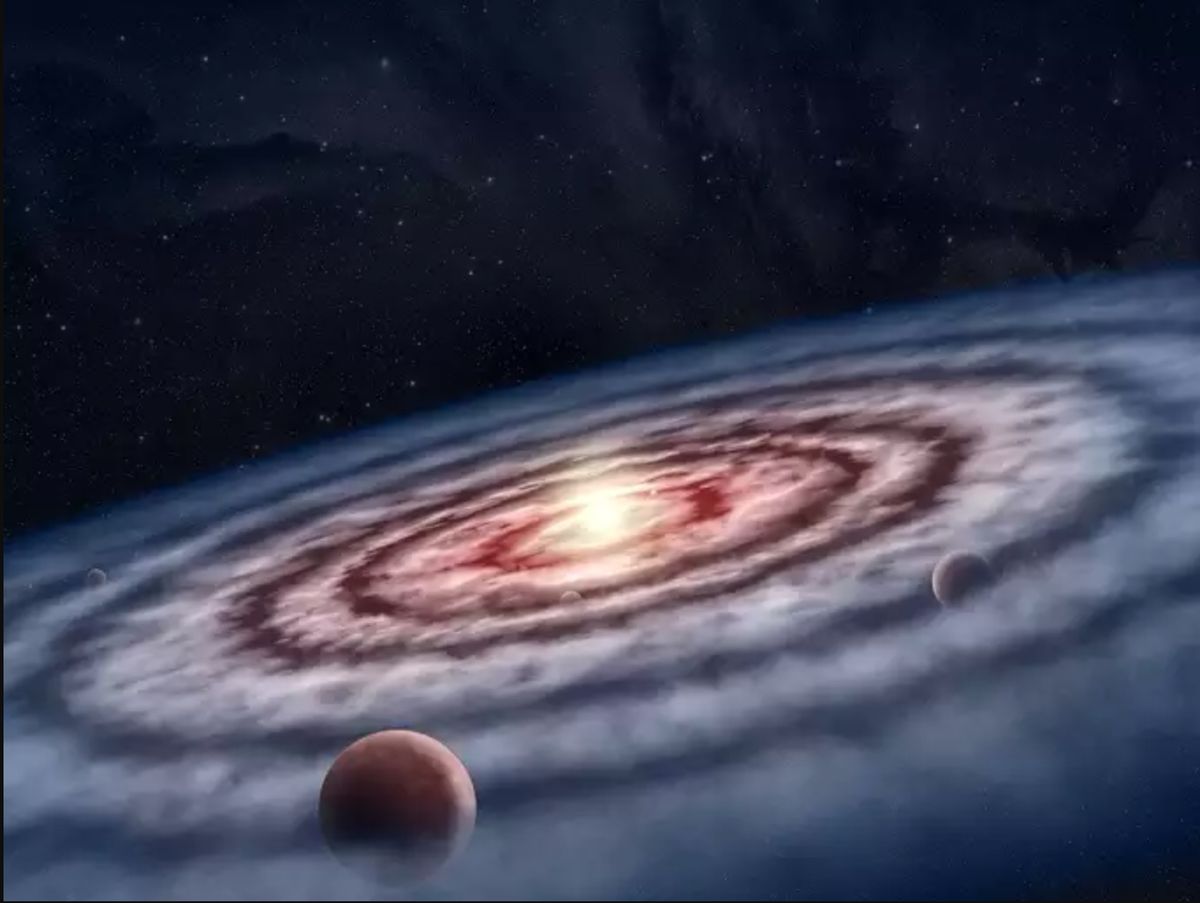
So, two planets forming in different regions of the same protoplanetary disk could end up with vastly different supplies of these compounds.
"Our maps reveal it matters a great deal where in a disk a planet forms," Öberg said."Two planets can form around the same star and have very different organic inventories, and therefore predispositions to life.".
In addition to locating different ingredients, the research also identified compounds built with deuterium, which is a form of hydrogen twice as heavy as the most commonly found flavor of that element.Another segment of the MAPS research focused on the precursors of massive Jupiter-like planets, in which elements like carbon and oxygen seemed to be much rarer than compounds like methane."Our findings suggest that many gas giants may form with extremely oxygen-poor (carbon-rich) atmospheres, challenging current expectations of planet compositions," Arthur Bosman, an astronomer at the University of Michigan and lead author of one of the papers, said in a different statement.